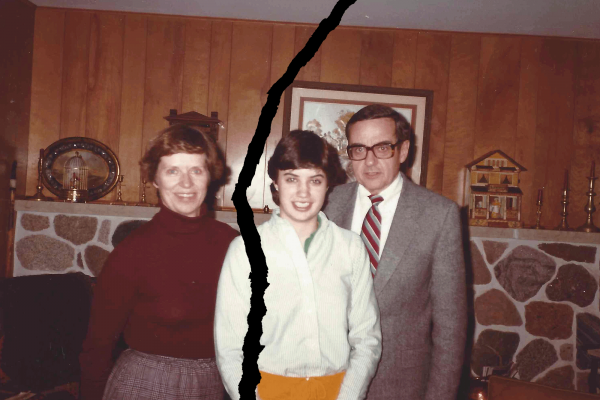Yesterday, President Trump made his first visit to California since his inauguration. In fact, his motorcade was driving to the border as I wrote this. As we know, one of his campaign promises was to build a wall on the southern border, and contractors having been submitting bids for the project ever since. There are now only eight contractors in the running to win the bid and they have each built a prototype of their wall down here on our border.
As a proud resident of San Diego — a dynamic and diverse border city — and faith leader who follows Jesus, I’m deeply saddened that the president’s visit to my city wasn’t to spend time with the people, but with prototypes.
I’m not writing to stoke partisan politics. That’s not helpful, inspiring, or reflective of where I put my hope and allegiance. I am writing as one who is more concerned with the well-being of the people in our city than the height of a prototype.
A people who don’t see the border as a burden to bear, but a gift to embrace.
A people reflecting the beautiful diversity of our country and God’s global kingdom.
A people deeply committed to the flourishing of our communities and those within them.
A people who need to be heard and lead the way in discerning what is best of our city and bi-national reality.
We can disagree on policy, but at the very least, we have to understand the implications of our policy on real people. I have found that unless we have looked into the eyes of those impacted, it is impossible to understand.
So, President Trump, I personally invite you to also come down to the borderlands with me in Tijuana and San Diego and meet the people directly impacted by the stroke of your pen. I am a co-founding director of Global Immersion, and one of our primary organizational initiatives involves having cross-sector leaders from around the country come to the border to see the human face of immigration and build a set of tools for how to better care of the “stranger among us,” as my sacred text (the Bible) mandates.
Whether you realize it or not, your rhetoric is dehumanizing, stokes fear, and leads to a misunderstanding that compromises the safety of the people you’ve sworn to protect. Once you’ve looked into the eyes of those caught in the wake of our broken systems, heard their stories, and confronted the facts on the ground, I trust your compassion will grow and your decisions will be shaped by factual reality.
You will see and experience the people and places that rarely make the headlines, but that are intimately impacted by the polarizing rhetoric and misunderstanding infecting the collective soul of our nation.
Real people.
Real stories.
Real pain.
Faith. Hope. Love.
Meet Maria. A 20-year-old DACA recipient with big dreams who is making them come true by walking with the underserved of our city. With the expiration of DACA comes the expiration of her dreams, actions, and presence as an active member of our community.
Meet Ingrid. A widowed mother of three who has been fleeing gang violence in Central America and now sits in a migrant shelter in Tijuana as she pleads for the U.S. government to offer her family asylum.
Meet Hector. A United States military veteran who has since been deported and separated from his family.
Meet Dermot. A Catholic priest from Ireland who regularly crosses the border to serve as the chaplain to communities in San Diego and Tijuana.
As a privileged, white, Christian, straight man, it’s easy for me to be insulated from the pain and uncertainty of my neighbors impacted by your pen. Whether I admit it or not, I have been taught to see certain people and taught not see others. Having done the personal work to confront my inherited biases, opened my heart to new relationships, and leaned into my core Christian convictions, I can say with 100 percent certainty that we are all better with the Maria’s and Hector’s of the world on our streets, in our homes, and leading our businesses, churches, and non-profits.
I’m offering you the opportunity to look behind the veil of hostile rhetoric and into the eyes of women and men created in the image of God. Jesus once said that it’s in the eyes of the stranger that we see God (Matthew 25). Women and men who are, every day, making America great.
In the meantime, we’ll be in the streets, parks, and pulpits telling the story of our beautifully diverse border city.
Join me?
Got something to say about what you're reading? We value your feedback!







